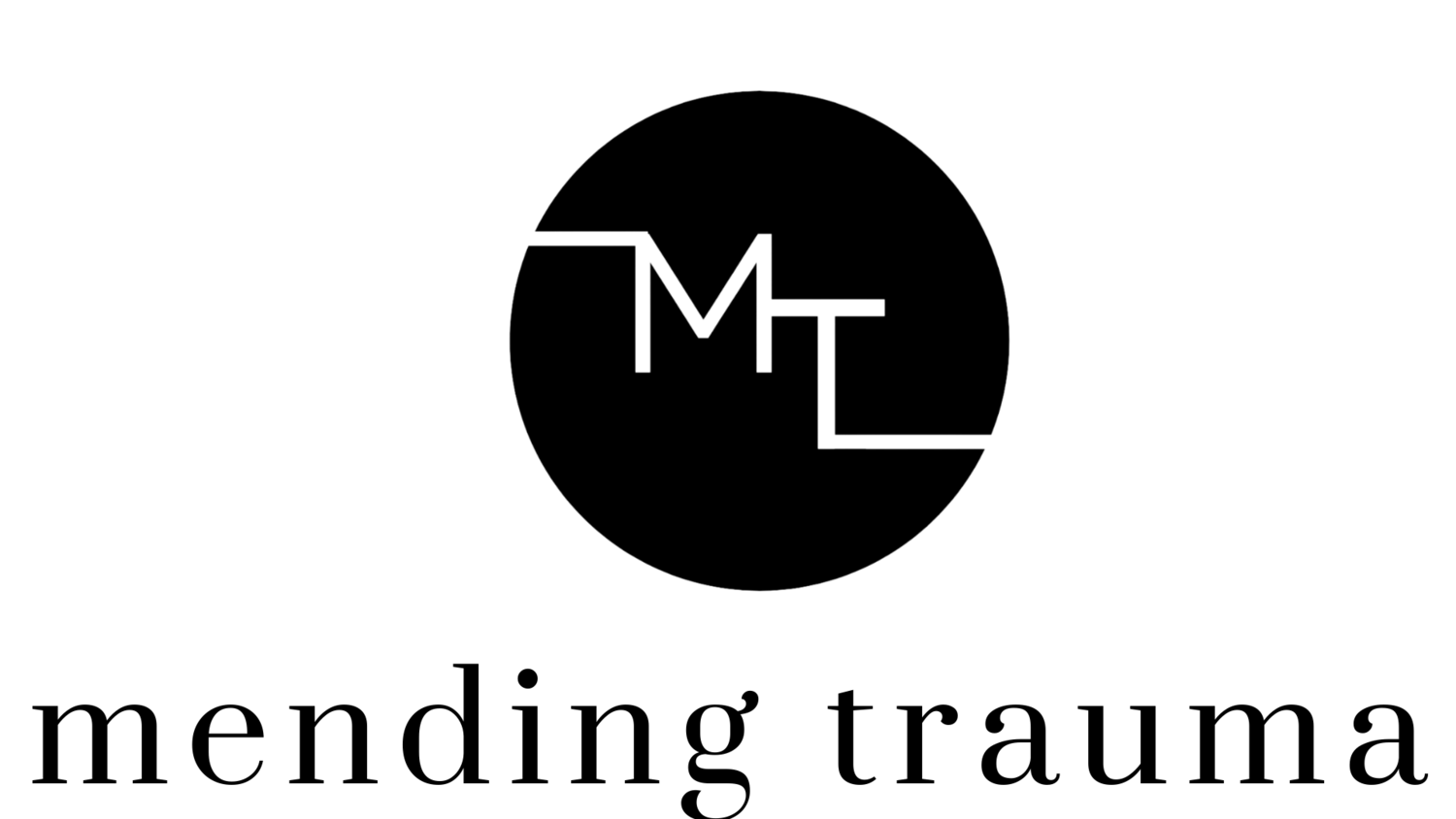There Is Hope
Today we will talk about perfectionism and two different tools that you can implement immediately to help you overcome your perfectionism.
Awareness
Having benevolent curiosity means that we are kindly and lovingly curious about what's happening for us, to us, what we think or do. When we are open to being curious and interested in what we're doing or how we are behaving, that curiosity increases our awareness exponentially.
When we use awareness to beat ourselves up or tell ourselves that we should or shouldn't have done something, the part of the brain that ignites the fight or flight response gets activated. We can't be as aware as we want to be by this ignition, which is similar to how anger can limit your perception. But when we are benevolently curious, we can explore where those emotions are coming from and use those emotions as information about what we're experiencing.
Building trusting relationships
This can be very difficult if you have had a trauma because your brain may be telling you that it's not safe to have a trusting relationship or any relationship at all. By building trusting relationships with people we can be real with, we can move through this at our own pace and test out being authentic with people we feel comfortable with. Similar to benevolent curiosity, one of the things that we can do to help ourselves is cultivate self-compassion but in a more nurturing way.
For example, treating ourselves as a good friend who is in distress, asking ourselves if we are okay, why we feel emotional, or what we need. When we think about self-compassion, we're not writing ourselves a ticket to excuse bad behavior. What we're doing is considering ourselves as human. Humans have thoughts, feelings, and behaviors. We want to normalize some of the behaviors we have of being human.
The two tools
Tool one; when these situations happen, take a moment to pause and think, "Given the circumstances, it makes sense that I 'XYZ'." Then, finish that statement with your current emotion or reaction. Tool two; practice the statement, "I choose not to judge myself or others." Bonus tool; stating, understanding, and believing the following sentence, "I choose to notice what went well instead of what I didn't like or what went wrong."
The idea behind neuro pathways is that as we enact and practice what we're trying to achieve, a building process is happening in our brain that makes those behaviors and beliefs more automatic. If you feel like this is familiar and resonating with you, your brain has done an awesome job of keeping you alive and helping you survive.
For additional tips on mental health, trauma, and so much more, check out The Universe Is Your Therapist Podcast!
Come connect with us personally on Instagram!

